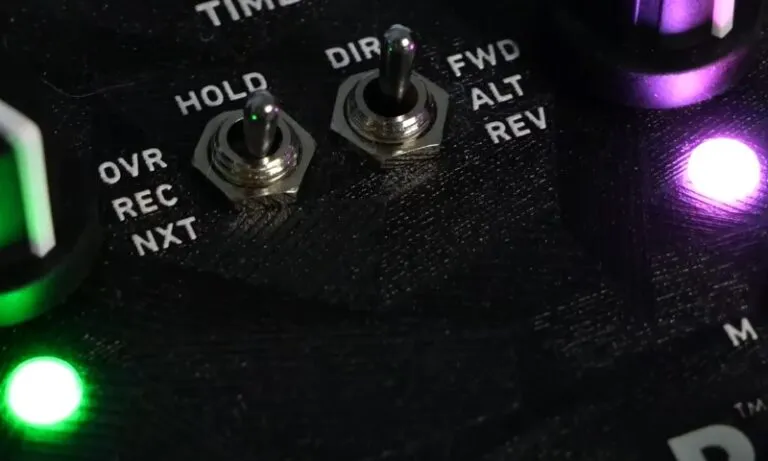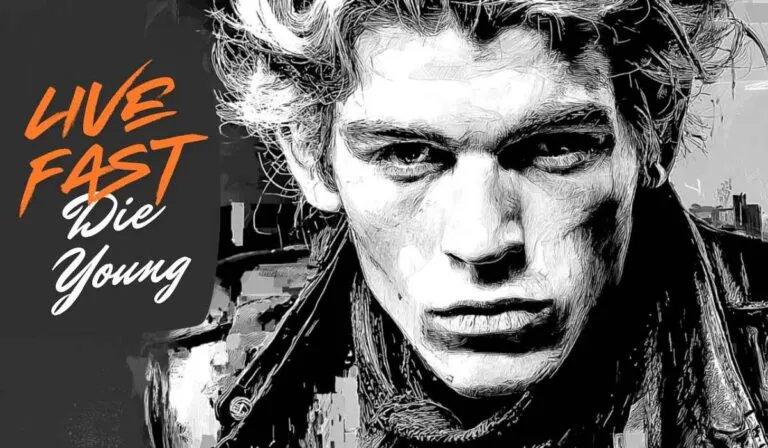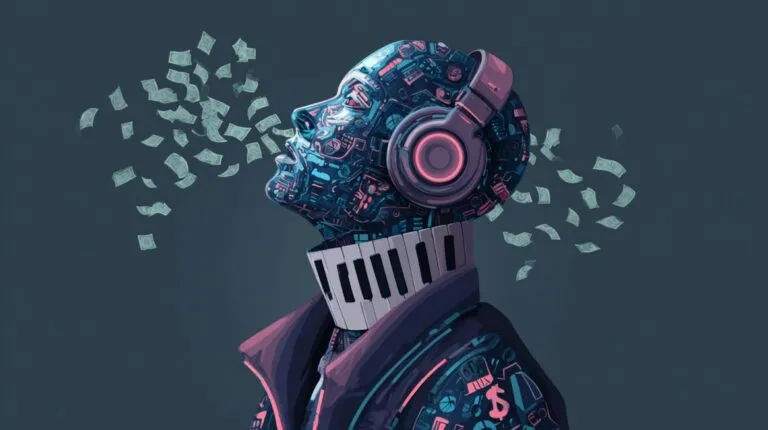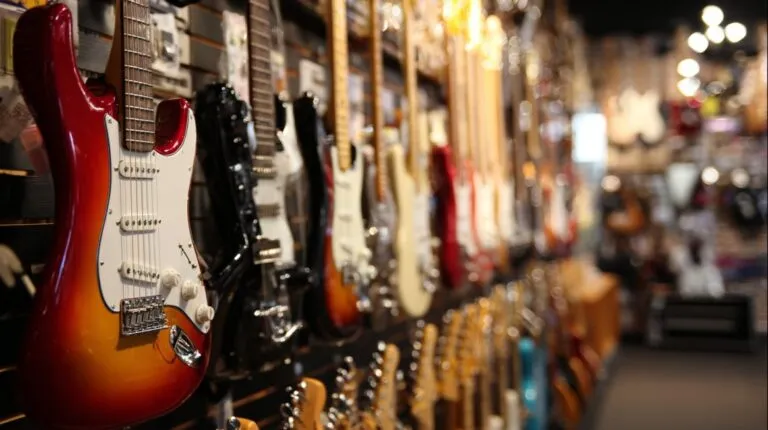Music comes from inspiration, but protecting it takes action. A song can spread fast, and without copyright, anyone can claim it.
That melody, those lyrics, all the effort—you deserve full control. Some think a song is safe the moment it exists, but without proper steps, proving ownership gets tricky.
Thieves do not ask permission, so why leave the door open? Copyright locks your music down, making sure credit and rights stay where they belong.
Table of Contents
ToggleProtect Your Music When Working with Others

Collaborating with artists, producers, or songwriters can bring great results, but it can also lead to confusion about ownership. If you don’t take the right steps, misunderstandings about who owns what could cause trouble later. Before diving into any project, make sure you protect your song and your rights. The right agreements can ensure that everyone is on the same page.
Set Clear Terms Before You Start
Agree on ownership before working on anything. Decide who owns the lyrics, music, or any other parts of the song. Clarify these terms in writing to prevent problems later. For example, if a producer adds a beat to your song, talk about how that affects ownership. Will they just produce the track, or will they contribute to the composition as well? Make sure you’re both clear on expectations from the start.
Use Contracts to Protect Your Rights
A contract ensures that both sides know the rules of the collaboration. With a clear contract, you outline contributions, ownership, and how to split any potential revenue. In some cases, you may need release forms to handle specific rights, especially if you’re using someone else’s work or collaborating on certain elements. Release forms help ensure everyone’s rights are respected, providing you with extra protection for your song.
Track All Contributions
Write down everything that each person contributes to the song. Whether it’s a lyric, beat, or melody, make sure you have documentation for every part of the song. This way, if there’s ever a question about who did what, you can easily prove your involvement.
For example, if you collaborate with a producer and they add a unique beat, note when the beat was created and how it fits into the song. Keeping a record of each contribution ensures your rights stay protected.
Copyright Your Music
Copyright protects your work and gives you legal rights over its use. While copyright alone can safeguard your song, contracts and release forms fill in the gaps when collaborating. They help ensure that everyone knows their role and what they’re entitled to. Before sharing or distributing your music, take the necessary steps to protect it with proper agreements.
Why You Need Copyright Protection for Your Music
Copyright gives you full control of your song. Without it, someone else can use your music freely. If your music becomes successful, copyright protection ensures you profit instead of others. You also decide who can legally perform, distribute, or license your music.
Copyright registration provides proof of ownership. With registration, you can sue anyone who tries to use your music without permission. Legal action becomes straightforward, and potential penalties for theft increase significantly. You also get statutory damages and attorney fees covered if you win your case.
For example, if a popular platform or artist uses your song without your consent, copyright registration enables you to quickly stop them and secure compensation. Without copyright, proving ownership can be complicated and expensive.
Copyright also protects your reputation. You can stop unauthorized uses of your music that might harm your brand or artistic identity.
Common Mistakes to Avoid
Avoid mistakes that leave your song vulnerable:
Not Registering
Automatic copyright gives limited protection. Without registration, you cannot fully defend your rights.
Poor Documentation
If you lack clear records showing you created the song, it becomes difficult proving ownership later.
Ignoring Collaborations
No contracts or release forms in collaborations lead to conflicts about ownership. Always sign clear agreements upfront.
Steps to Copyright Your Music
@lookeotuperfil NO podes promocionar un reel con musica en tendencia ❌ pero si con audios originales 🚀 ¿lo sabias? #cm #socialmediamanager #emprendedores #communitymanagerfreelance #tipsemprendedores #communitymanager #emprendedoras ♬ sonido original – Lookeo tu perfil
1. Register with the Copyright Office
Visit the U.S. Copyright Office website or your local copyright authority to register your song. Complete the online application and submit a copy of your work. You’ll need to provide details like the title and contributors.
2. Pay the Registration Fee
After completing the application, pay the registration fee. This is a one-time fee that ensures your song is legally protected. Keep proof of payment for your records.
3. Receive Your Copyright Certificate
Once processed, you’ll receive a certificate of registration. This document acts as legal proof that you own the copyright to your song.
4. Maintain Records of Your Song
Even after registration, keep records of the creation process, such as drafts or correspondence. This helps establish your claim if anyone disputes ownership in the future.
How Long Copyright Protection Lasts
Copyright protection does not last forever. It has clear legal limits, after which your song enters the public domain.
Duration for Individual Creators
If you create music on your own, copyright protection covers your entire lifetime plus 70 years after death. During that time, only you or your heirs can profit from the song.
Duration for Collaborations or Work for Hire
Songs created under a work-for-hire agreement or anonymous works last for 95 years after publication or 120 years after creation, whichever comes first. After that period, the song enters the public domain.
What Happens When Copyright Expires?
Once copyright protection ends, anyone can freely use, remix, distribute, or perform your song without needing permission or paying royalties.
International Copyright Protection

Copyright law varies between countries, but international agreements simplify global protection.
How the Berne Convention Helps You
The Berne Convention protects your music internationally. If your song is copyrighted in one member country, it receives automatic protection in all other member countries. Most major countries, including the U.S., Canada, the U.K., Australia, and the European Union, are members.
Protecting Your Music Abroad
If someone steals your song in another country, the Berne Convention allows you to pursue legal action based on local laws. Registration in your home country can strengthen your claims abroad.
What Counts as Copyright Infringement

You must recognize infringement clearly to defend your rights. If anyone uses your song without permission, they violate your copyright.
Common Examples of Infringement
- Unauthorized Covers:
Recording or publicly distributing covers without your consent. - Illegal Sampling:
Using parts of your music in another song without proper licensing. - Unapproved Distribution:
Uploading your music to streaming services, YouTube, or other platforms without your permission.
How to Take Action Against Infringement
Send a DMCA takedown notice to online platforms hosting infringing content. You can also send cease-and-desist letters or pursue legal action if necessary.
Bottom Line
Copyright ensures no one profits off your music without your approval. By registering your song, documenting collaborations, and clearly defining ownership, you keep full control. Never leave your rights unprotected. Secure your music, keep solid records, and quickly address any infringement. Protect your music today to safeguard your creative future.












